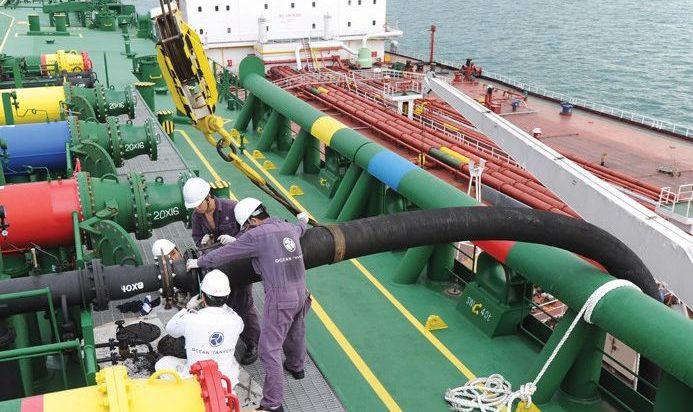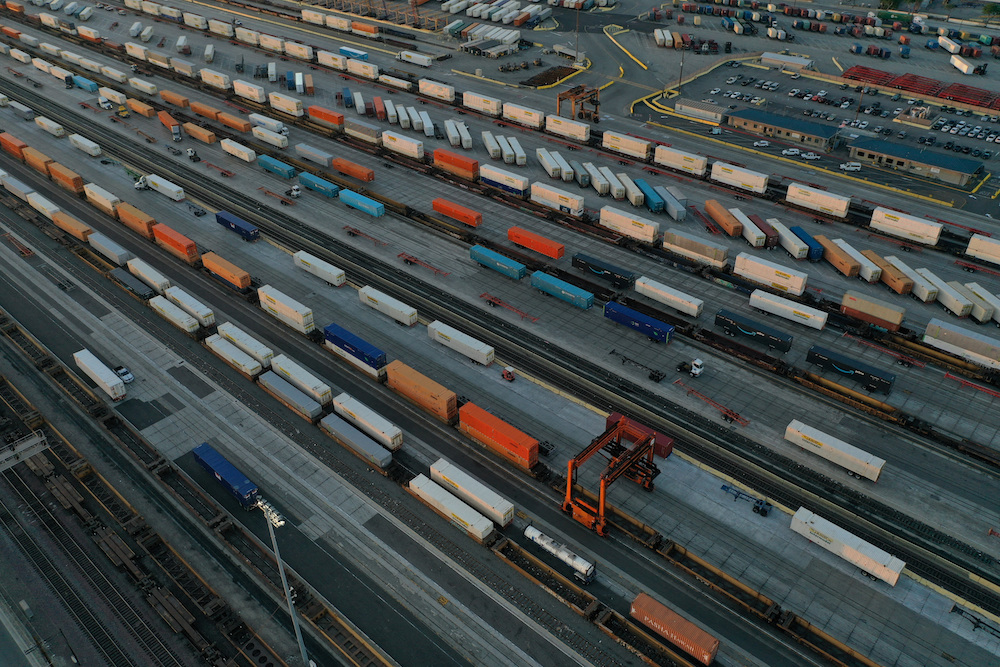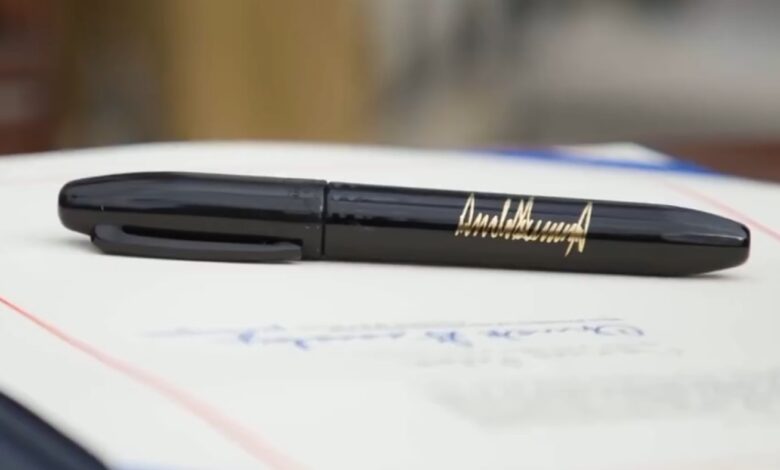Splash247: Trials show promise of tracers in combating biofuel fraud
The Global Centre for Maritime Decarbonisation (GCMD) has released a report on the world’s first field validation of tracer technologies in marine biofuel supply chains to combat fraud. Conducted in Singapore, Rotterdam, and other major bunkering hubs, the trials demonstrated that tracers can be integrated into existing marine biofuel supply chain practices without disrupting operations or compromising fuel quality.
The trials assessed three distinct tracer candidates and found the organic tracer to be the most practical solution for tracking authenticity and quantity of biofuels, offering an optimal balance of cost, detectability, and scalability.
The trials form a key part of GCMD’s initiative to develop a comprehensive assurance framework for drop-in green fuels. The initiative aims to provide quality, quantity, and greenhouse gas (GHG) abatement assurances to address adoption barriers in biofuels. Across the six trials, a total of 10,400 tons of biofuel blends was bunkered, and a collective 24% of GHG emissions reduction was realised compared to using conventional fuels.
Current sustainability certification schemes, such as the International Sustainability and Carbon Certification (ISCC) and the Roundtable on Sustainable Biomaterials (RSB), play an important role in verifying emissions reduction of biofuels and compliance with regulatory mandates. However, these schemes lack physical, field-level verification, leaving biofuel supply chains vulnerable to adulteration, and their emissions reduction double-counted to support false subsidy claims.
Recent high-profile fraud cases have underscored the need for standardised, field-verifiable methods to augment the certified sustainability claims of these biofuels.
Professor Lynn Loo, CEO of GCMD, said, “By generating evidence-based data through comprehensive trials to combat fraud, we are fostering confidence for the widespread adoption of biofuels.”
Related Posts




